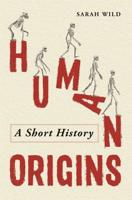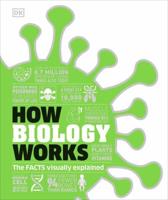Publisher's Synopsis
We know that each biological organism has the potential for variation. This can be seen in domestic animals and wildlife. However, neither fossils nor other data available from molecular and developmental biology demonstrate sufficiently that this potential is the reason for emergence of new biological organisms. This book presents a new theory which shows that biological organisms, despite variations, have a distinct basic form which is established through a process called "primordialization". Primordialization theory differs from traditional theories of biological diversity by suggesting that the ability of living organisms to evolve occurs only within the boundaries of their basic forms designs. Proteins that do not tolerate changes in their sequences determine these forms. Shifts in the arrangement of these proteins in some specific cells produce new design programs. A cell with a new design program becomes primordial cell, which can then develop into a new biological organism. The book is written for scientists, students, and laymen who are interested in a new explanation of how biological evolution works. This work explains, for instance, why humans and apes are so different when so few differences among their protein molecules exist.











